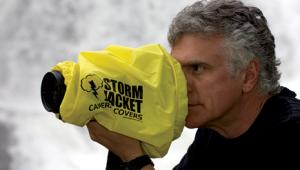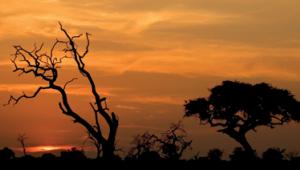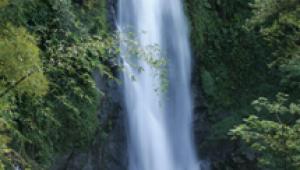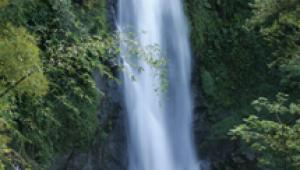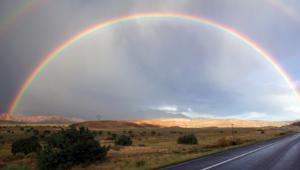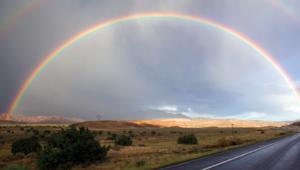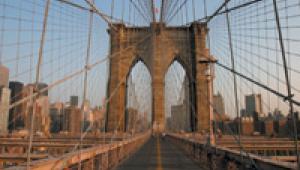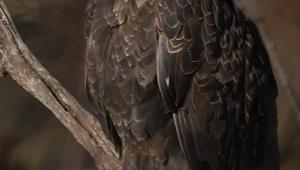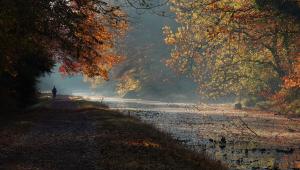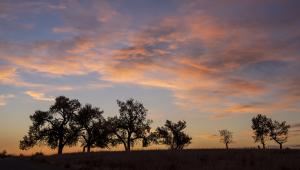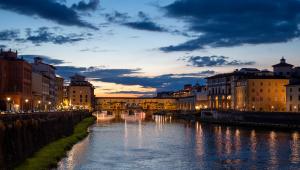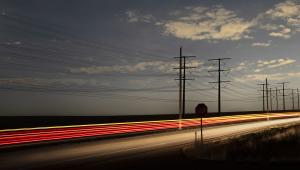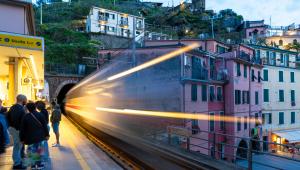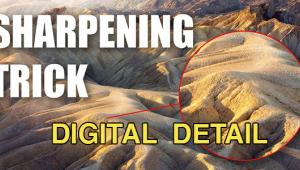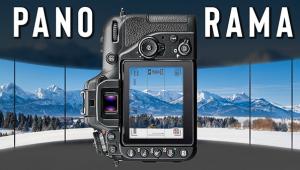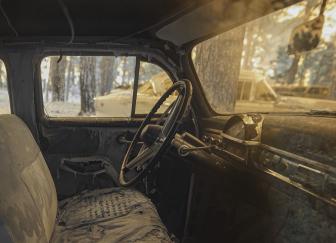Whenever I photograph a popular site, I look for one defining shot, the shot I'd take if I only had one picture remaining on my memory card. free cell phone spy software
Globetrotter
Niagara Falls; Feel The Power, Capture The Wonder
Last year, I had the opportunity to photograph one of the world's most
magnificent waterfalls. I traveled halfway around the world to capture the beauty
and awe of this exotic and remote travel destination. I was filled with great
photographic expectations.
When I finally reached the falls, I was actually quite disappointed--because
there was hardly any water flowing over the rim. All I saw was a bunch of rocky
cliffs and a few trickles of water. As I stared at Victoria Falls from the Zambian
side, I thought about another famous falls, Niagara Falls, and how photogenic
the Falls are from both the New York and Canadian sides.
As I took two snapshots of Victoria Falls, I envisioned a trip to Niagara Falls,
only a few hours from my home in New York--a trip that I finally made in
late summer.
In this month's column I'll share with you some of my favorite pictures
from that trip, along with some digital photography tips that you can use for
photographing any waterfall, large or small--as long as there is water
flowing! (By the way, visiting Victoria Falls in the middle of the dry season,
combined with a long drought and a diversion of the water, were the reasons
Victoria Falls was just a trickle.)
Before I share some of my favorite pictures with you of Niagara Falls, however,
there is a reason why I led off this column with a short homily about Victoria
Falls. You see, there is a moral to the story, one that applies to all trips:
Plan ahead and do your own research. Evidently, the tour operator who booked
my trip to Victoria Falls failed to check it out. Of course, I should have checked
it out, too. So much for not double checking the tour operator's expectations!
Okay, let's go to Niagara Falls.
Protect Your Camera
Digital cameras don't like moisture, although some models are sealed against
moisture (to a point). To protect my gear, I use a Storm Jacket (www.stormjacket.com)
that offers full viewing and easy access to camera controls. If you don't
want to invest in a commercial camera cover, "borrow" the shower
cap from a hotel room or use a large plastic sandwich bag and cut holes for
the lens and viewfinder. Even with the best camera protector, you still need
to check the front of your lens for moisture droplets. I use a lint-free cloth
(available at eyeglass and camera stores) to wipe off my lens. These devices
help protect your camera in the rain, sleet, and snow, too.
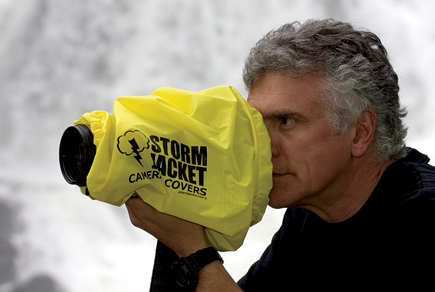 |
Look For The Defining Shot
Whenever I photograph a popular site, I look for one defining shot, the shot
I'd take if I only had one picture remaining on my memory card. Finding
that shot takes some time, looking at a site from different angles with different
lenses and at different times of day. For this shot, taken from the Canadian
side of the Falls, I used my Canon 17-40mm zoom at 17mm on my Canon EOS-1Ds
Mark II (full-frame image sensor). For me, the rainbow and the Maid of the Mist
(the boat that gives visitors an up-close-and-personal view of the Falls) make
the shot.
 |
|
|
Shoot It Slowly
Fast-moving water looks strange when photographed at fast shutter speeds. To
create the effect of soft and flowing water, you need to use a slow shutter
speed--1 second or longer, sometimes up to 10 or 20 seconds depending on
the speed of the water and the effect you want. With a digital camera, seeing
the effect right after you take the picture is a big benefit. If you don't
like the effect, you can change your shutter speed and try again. My exposure
for this picture was 2.5 seconds. Naturally, for a long shutter speed you need
to steady your camera on a sturdy tripod. Locking up the mirror and using a
cable release or the camera's self-timer will also help ensure a sharp
shot at a slow shutter speed. I took this picture from the Observation Tower
on the New York side of the Falls.
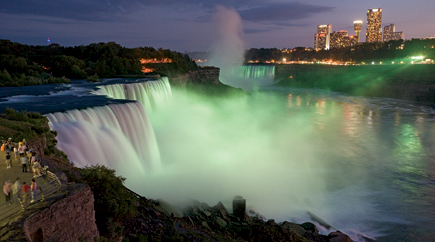 |
- Log in or register to post comments


http://www.avoidpropertytaxes.com/
That you allow it to become show up very easy together with your functionality but My spouse and i find this particular occasion to become actually a thing that I think We would certainly not understand. It seems far too complicated and wide for me personally. I'm anticipating on your up coming submit, I’ll try to have the hang of it!

This posting is marvelous and what a fantastic research that you have done. It has helped me a lot. thank you very much. cell phone spyware

That is very good comment you shared.Thank you so much that for you shared those things with us.Im wishing you to carry on with ur achivments.All the best. chat Mirc indir

While choosing a punch bag, be careful about its weight. It should not be isabellemaranteshop.com too heavy or to light. While bags that are too light a bag will move faster, the ones that are too heavy will not move at all. A punching bag that is heavier than your own body weight puts you at the risk of injuries. Punching on rock solid bags can harm your bones or tendons. It is better not to buy a bag that is heavier than 100 pounds. However, this too varies from person to person. Generally, a 70 pound
isabel marant pas cher is enough for a person weighing about 170 pounds.

It is really a relaxation place. Thank you for sharing those amazing photo that you capture. pmp

Everyone should see the Niagara Falls at least once in a life time, because the view is absolutely amazing, I was fascinated when I took the first snapshot, last summer. I have a few hundreds of photos with the Fall, I wonder how many I'll have after visiting Bangkok in 48 hours next month!
